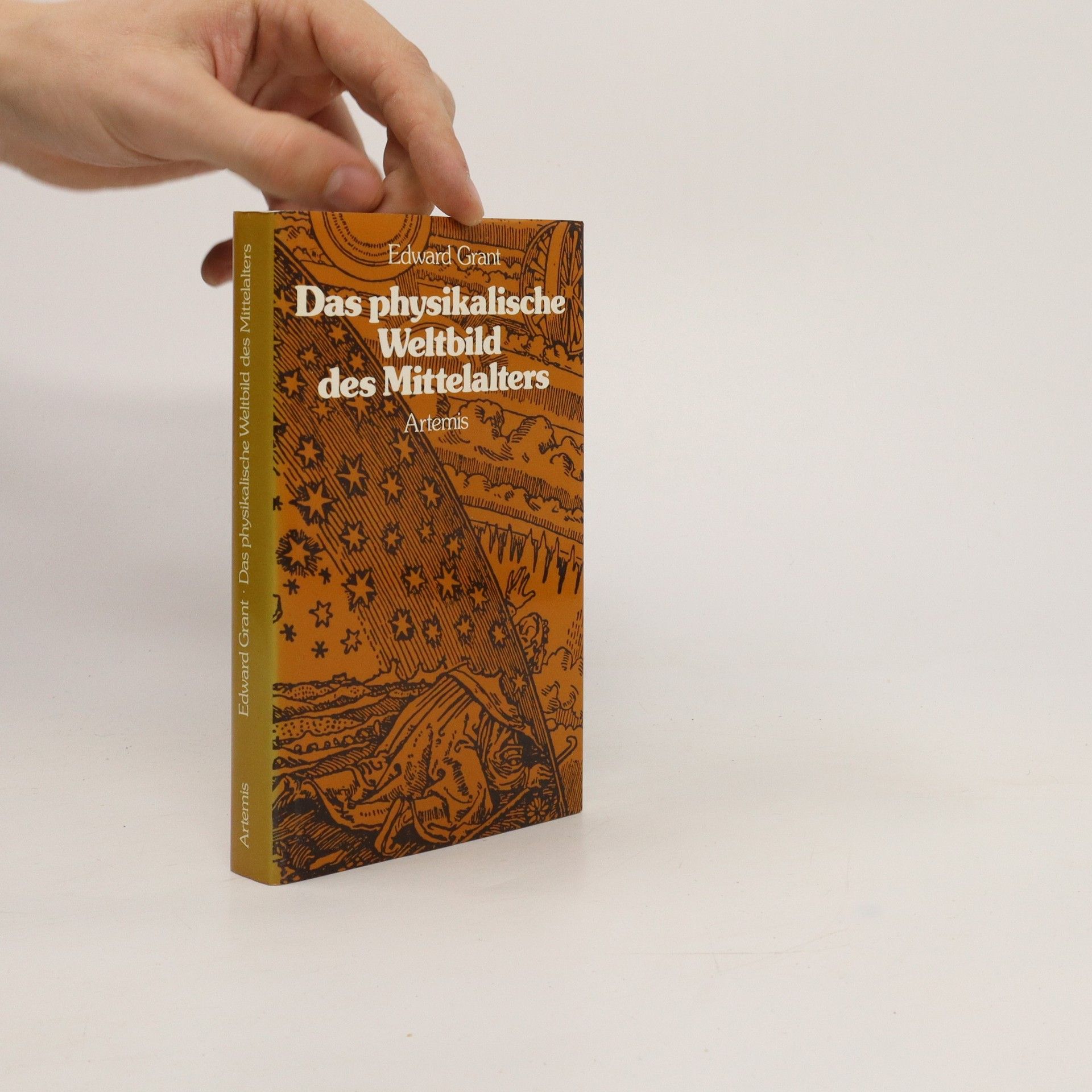The Nature of Natural Philosophy in the Late Middle Ages
- 355 pages
- 13 hours of reading
The book explores the emergence of natural philosophy in Western Europe during the Middle Ages, highlighting its acceptance and defense by Christian religious authorities. It identifies key elements that sparked widespread interest in this field, often regarded as the foundation of modern sciences. The discussion delves into the interplay between faith and reason, illustrating how natural philosophy evolved to become a significant intellectual movement.

